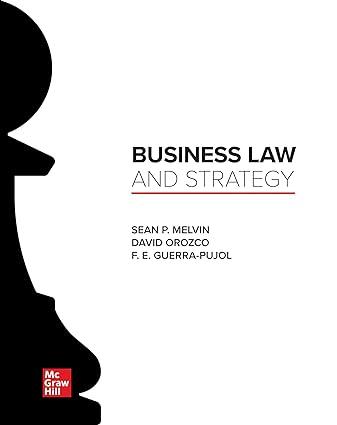David Sefton, a computer user, sued Eyeblaster alleging that Eyeblaster injured his computer, software, and data after
Question:
David Sefton, a computer user, sued Eyeblaster alleging that Eyeblaster injured his computer, software, and data after he visited an Eyeblaster website.
Eyeblaster tendered the defense of the lawsuit to Federal Insurance Co., seeking coverage under a commercial general liability (CGL) policy. Federal denied that it had a duty to defend Eyeblaster, and Eyeblaster brought this action seeking a declaration that Federal owed such a duty. The district court entered summary judgment in favor of Federal, and Eyeblaster appealed. Federal’s position was that it owed no coverage under the policy because the policy excluded software and only included tangible property. The appellate court reversed the lower courts and decided that the plain meaning of tangible property includes computers, and the Sefton complaint repeatedly alleged the “loss of use” of his computer. Thus, the claim was within the scope of the general liability policy and Federal owed a duty to defend the lawsuit.
CASE QUESTIONS
1. Why does the CGL only protect tangible property as opposed to intangible property like software?
2. Do you agree with the court’s decision? Explain.
Step by Step Answer:

Business Law And Strategy
ISBN: 9780077614683
1st Edition
Authors: Sean Melvin, David Orozco, F E Guerra Pujol





